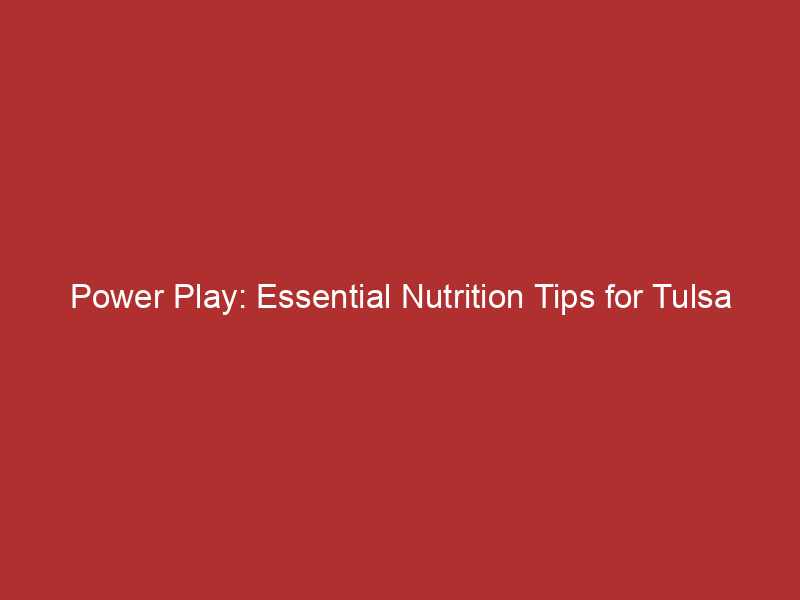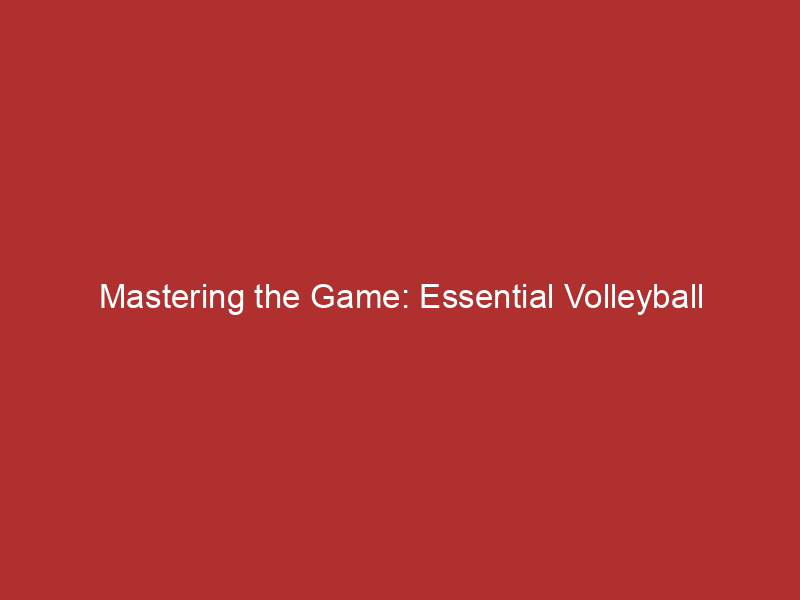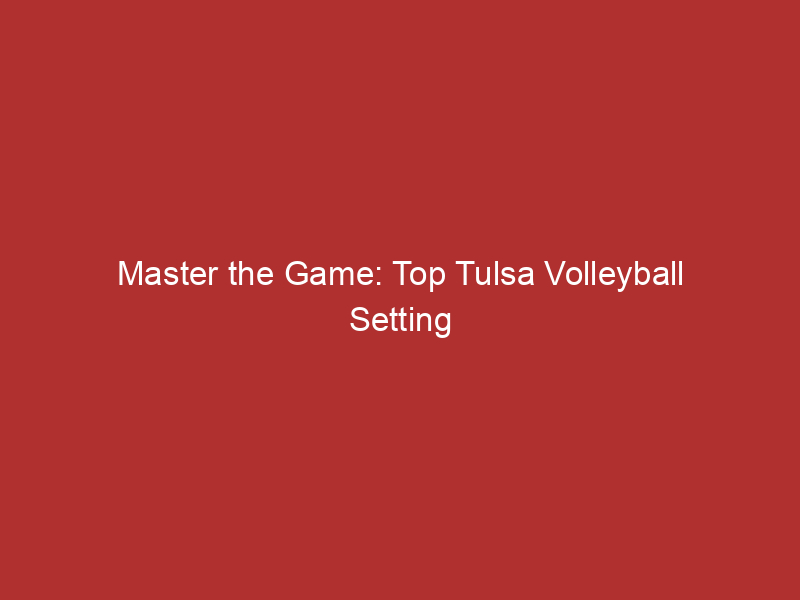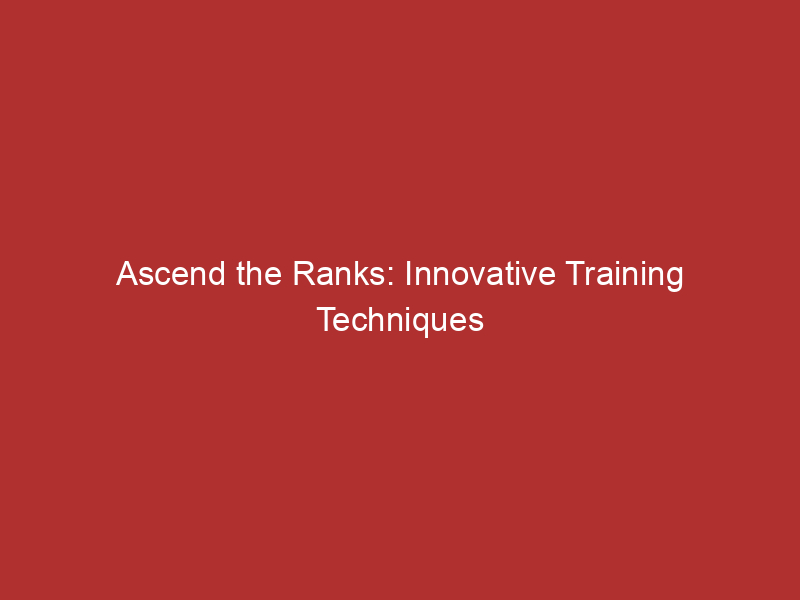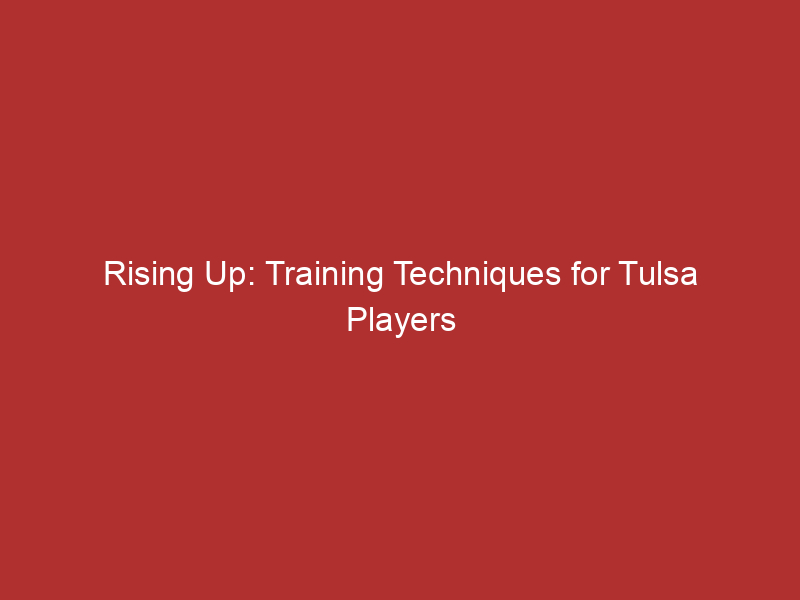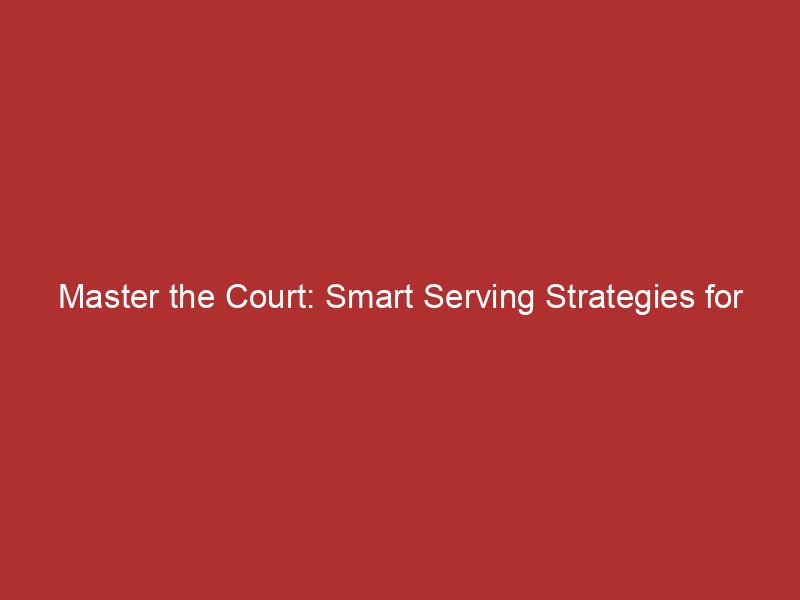Introduction: The Importance of Nutrition in Volleyball
When we think about volleyball, we often focus on the skills, techniques, and strategies that players use. But there’s another crucial aspect that often gets overlooked – nutrition. The food that volleyball players eat plays a significant role in their performance on the court. Let’s dive into the importance of nutrition in volleyball and why it’s essential for players to have a specialized diet.
- The Role of Nutrition in Sports Performance
- Why Volleyball Players Need a Specialized Diet
Food is the fuel that powers our bodies. Just like a car needs the right type of fuel to run efficiently, our bodies need the right type of food to perform at their best. This is especially true for athletes, who push their bodies to the limit in training and competition.
Proper nutrition can help athletes in several ways. It can provide them with the energy they need to train and compete. It can help them recover faster after a tough workout or match. It can also help them stay healthy and avoid injuries. In fact, research shows that athletes who follow a balanced diet are less likely to get injured than those who don’t.
Volleyball is a demanding sport that requires a lot of energy. Players need to jump, sprint, and hit the ball with power. All these actions require a lot of energy, which comes from the food they eat.
But not all foods are created equal. Some foods provide energy quickly, while others provide it slowly. Some foods help with recovery, while others don’t. That’s why volleyball players need a specialized diet that provides them with the right type of energy at the right time.
For example, before a match, volleyball players need foods that provide quick energy, like fruits and grains. After a match, they need foods that help with recovery, like protein-rich foods. By following a specialized diet, volleyball players can ensure they have the energy they need when they need it, and they can recover faster after a match.
Tulsa Volleyball Nutrition: Fueling Your Game
As a volleyball player, your performance on the court is directly influenced by the fuel you put into your body. Understanding the basics of sports nutrition can help you make the right dietary choices to optimize your game. Let’s delve into the role of carbohydrates, proteins, and fats in an athlete’s diet and the importance of hydration in volleyball.
Understanding the Basics of Sports Nutrition
Sports nutrition is a specialized field of study that focuses on the diet of athletes and how it impacts their performance and recovery. The key elements of sports nutrition include carbohydrates, proteins, fats, and hydration.
- The role of carbohydrates, proteins, and fats in an athlete’s diet
- Importance of hydration in volleyball
Carbohydrates, proteins, and fats are the three main nutrients that provide energy to your body. Carbohydrates are your body’s primary source of energy, and they fuel your muscles during high-intensity activities like volleyball. Proteins are essential for muscle repair and growth, while fats provide a concentrated source of energy, especially during long-duration exercises.
| Nutrient | Role |
|---|---|
| Carbohydrates | Primary source of energy |
| Proteins | Muscle repair and growth |
| Fats | Concentrated source of energy |
Hydration is crucial for volleyball players. During a match, you lose fluids through sweat, which can lead to dehydration if not replaced. Dehydration can cause fatigue, decreased coordination, and impaired judgment, all of which can negatively impact your performance on the court. Therefore, it’s vital to drink plenty of fluids before, during, and after your volleyball games to stay hydrated and maintain peak performance.
In conclusion, understanding the basics of sports nutrition and implementing them in your diet can significantly enhance your performance in volleyball. Remember, your body is your most important tool on the court, and fueling it right is key to your success.
Healthy Eating for Tulsa Volleyball Players
As a volleyball player, your diet plays a crucial role in your performance on the court. It’s not just about eating healthy, but also about what you eat and when. Here are some meal plans and snack recommendations specifically designed for the needs of Tulsa volleyball players.
- Sample Meal Plans for Pre-Game, Post-Game, and Rest Days
- Recommended Snacks for Energy and Recovery
What you eat before and after a game can significantly impact your performance and recovery. On rest days, your focus should be on replenishing your body’s nutrients and preparing for the next game. Here are some sample meal plans:
| Pre-Game Meal | Post-Game Meal | Rest Day Meal |
|---|---|---|
| Whole grain pasta with lean chicken and vegetables | Grilled salmon with quinoa and a side of mixed greens | Vegetable stir-fry with brown rice and tofu |
Snacks are just as important as meals when it comes to fueling your body for volleyball. They provide the energy you need during the game and help your muscles recover afterwards. Here are some snack recommendations:
| Energy Snacks | Recovery Snacks |
|---|---|
| Bananas, almonds, and yogurt | Protein shake, cherry juice, and cottage cheese |
Remember, these are just guidelines. Every athlete is unique, so it’s important to listen to your body and adjust your diet accordingly. Consult with a nutritionist or dietitian for personalized advice.
Volleyball Diet Tips: What to Eat and When
As a volleyball player, your diet plays a significant role in your performance on the court. Let’s delve into the specifics of what to eat and when to eat for optimal performance.
Pre-Game Nutrition
Before a volleyball match, your body needs the right fuel to perform at its best. Here are some tips on what to eat and when to eat before a game.
- What to eat before a volleyball match: Your pre-game meal should be high in carbohydrates, moderate in protein, and low in fat. Carbohydrates provide the energy your body needs to perform, while protein helps repair and build muscles. Foods like whole grain pasta, lean chicken, and fruits are excellent choices. Remember to stay hydrated by drinking plenty of water.
- Timing your meals for optimal performance: Timing is crucial when it comes to pre-game nutrition. You should aim to have your meal 2-3 hours before the match. This gives your body enough time to digest the food and convert it into energy. Eating too close to the game can lead to discomfort and sluggishness. However, if you’re unable to eat a full meal, a light snack like a banana or a granola bar 30 minutes before the game can provide a quick energy boost.
Remember, every athlete is unique, and what works for one person may not work for another. It’s essential to listen to your body and adjust your diet accordingly. Experiment with different foods and timings to find what works best for you.
Stay tuned for our next section where we’ll discuss post-game nutrition and recovery foods for volleyball players.
Post-Game Nutrition
After a grueling volleyball match, your body needs the right nutrients to recover and prepare for the next game. Let’s explore the best recovery foods and the importance of hydration post-game.
- Recovery Foods for Volleyball Players
Once the game is over, your body needs to replenish its energy stores and repair muscle tissue. This is where post-game nutrition comes into play. Here are some foods that can help speed up recovery:
| Food | Benefits |
|---|---|
| Protein-rich foods like chicken, fish, and eggs | Helps repair and build muscles |
| Complex carbohydrates like whole grains and starchy vegetables | Replenishes energy stores |
| Fruits and vegetables | Provides vitamins and minerals for overall health |
Remember, it’s not just about what you eat, but when you eat. Aim to have a balanced meal within 45 minutes to an hour after your game.
- The Importance of Post-Game Hydration
Hydration is just as crucial as food in your post-game recovery. During a volleyball match, you lose a lot of fluids through sweat. If these fluids are not replaced, it can lead to dehydration, which can affect your performance and overall health.
Water is the best choice for rehydration. However, if your game was particularly intense or lasted more than an hour, a sports drink can help replace lost electrolytes. Aim to drink at least 16-20 ounces of fluid for every pound of body weight lost during the game.
Remember, good post-game nutrition is just as important as what you eat before and during the game. By eating the right foods and staying hydrated, you can recover faster and be ready for your next volleyball match.
Volleyball Training Diet: Nutrition for Practice Days
When it comes to volleyball training, what you eat is just as important as how you train. The right nutrition can fuel your body for intense workouts, help you recover faster, and enhance your overall performance. Here are some nutrition tips for volleyball training.
Nutrition Tips for Volleyball Training
- How to fuel your body for intense volleyball training
- Importance of protein in muscle recovery and growth
Before you start your volleyball training, it’s crucial to fuel your body with the right nutrients. Carbohydrates are your body’s primary source of energy. Foods like whole grains, fruits, and vegetables provide the carbs your body needs to stay energized during your training.
It’s also important to stay hydrated. Water helps regulate your body temperature and lubricate your joints. It’s recommended to drink at least 8 cups of water a day, but you may need more if you’re training intensely.
Protein is vital for muscle recovery and growth. After a tough volleyball training session, your muscles need protein to repair and grow. Foods like lean meats, fish, eggs, and dairy products are excellent sources of protein.
Remember, it’s not just about eating protein-rich foods after training. It’s also important to include protein in all your meals and snacks throughout the day. This helps provide a steady supply of amino acids, the building blocks of protein, to your muscles.
In conclusion, a well-balanced diet that includes plenty of carbohydrates and protein can help you get the most out of your volleyball training. Remember to stay hydrated, and don’t forget to refuel after training to aid in muscle recovery and growth.
Nutrition for Athletes: Beyond the Volleyball Court
While volleyball-specific nutrition is crucial, it’s important to remember that athletes need to maintain a healthy diet even beyond the court. This section will provide long-term nutrition strategies for athletes, focusing on maintaining a balanced diet during the off-season and providing nutrition tips for injury prevention and recovery.
Long-Term Nutrition Strategies for Athletes
Long-term nutrition strategies are essential for athletes to maintain their performance and health. These strategies should be implemented not only during the season but also during the off-season. They can also play a significant role in injury prevention and recovery.
- Maintaining a balanced diet during the off-season
- Nutrition tips for injury prevention and recovery
During the off-season, it’s easy for athletes to fall into unhealthy eating habits. However, maintaining a balanced diet is crucial. This means consuming a variety of foods from all food groups, including fruits, vegetables, grains, protein, and dairy. It’s also important to stay hydrated and limit intake of processed foods and sugary drinks. Remember, the off-season is a time to rebuild and strengthen your body for the next season.
Nutrition can play a key role in injury prevention and recovery. Consuming enough protein can help repair and build tissues, while vitamins and minerals can support the body’s healing process. For example, vitamin C aids in collagen production, which is essential for repairing ligaments and tendons. On the other hand, omega-3 fatty acids can help reduce inflammation, potentially speeding up recovery. It’s essential to consult with a healthcare professional or a sports nutritionist to tailor your diet to your specific needs during this time.
In conclusion, nutrition is a key component of an athlete’s performance, health, and recovery. By maintaining a balanced diet during the off-season and utilizing nutrition for injury prevention and recovery, athletes can ensure they are ready for the challenges of the next season.
Tulsa Volleyball Stars Diet: Case Studies
In this section, we will delve into the dietary habits of some of Tulsa’s top volleyball stars. We will explore how their diet contributes to their performance on the court.
Case Study 1: The Diet of a Tulsa Volleyball Champion
Let’s take a look at the daily diet of a Tulsa volleyball champion. This athlete has been a consistent performer, and their diet plays a significant role in their success.
- Overview of the athlete’s daily diet: This athlete starts their day with a balanced breakfast consisting of whole grains, fruits, and protein. For lunch, they opt for lean proteins, vegetables, and complex carbohydrates. Dinner is usually a mix of proteins, carbohydrates, and healthy fats. They also ensure to hydrate themselves throughout the day and consume small snacks in between meals to keep their energy levels up.
- How this diet contributes to their performance: The balanced diet provides the athlete with a steady supply of energy throughout the day. The proteins aid in muscle recovery and growth, while the carbohydrates provide the energy needed for rigorous training and matches. The fruits and vegetables supply the necessary vitamins and minerals, contributing to overall health and immunity. Hydration helps in maintaining the body’s balance and preventing fatigue. This diet, coupled with regular training, has been instrumental in the athlete’s consistent performance.
It’s important to remember that what works for one athlete may not work for another. Each person’s body responds differently to various foods and diet plans. Therefore, it’s crucial to find a diet that suits your body and complements your training regime.
Case Study 2: A Team’s Approach to Volleyball Performance Nutrition
Let’s dive into our second case study. This time, we’re looking at how a whole team approaches volleyball performance nutrition. We’ll examine their diet plan and the results they’ve seen from it.
- How the team’s diet plan is structured
The team’s diet plan is carefully structured to ensure that each player gets the right amount of nutrients they need to perform at their best. The plan is divided into three main meals and two snack times.
| Meal | Food |
|---|---|
| Breakfast | Whole grain cereal with low-fat milk and a piece of fruit |
| Snack | A handful of nuts and seeds |
| Lunch | Grilled chicken salad with a side of brown rice |
| Snack | Yogurt with a spoonful of honey |
| Dinner | Grilled fish with steamed vegetables and quinoa |
This diet plan is designed to provide a balance of carbohydrates, proteins, and healthy fats. Carbohydrates are necessary for energy, proteins for muscle recovery and growth, and fats for overall health.
- Results and improvements seen from this diet plan
Since implementing this diet plan, the team has seen significant improvements in their performance. They’ve reported increased energy levels, faster recovery times, and improved concentration during games.
One player said, “Before we started this diet plan, I would often feel sluggish and tired during the second half of the game. Now, I feel energetic and focused throughout the entire game.”
In terms of statistics, the team’s win rate has increased by 20% since they started following this diet plan. This is a clear indication that proper nutrition plays a key role in enhancing volleyball performance.
So, as we can see from this case study, a well-structured diet plan can make a significant difference in a volleyball team’s performance. It’s not just about eating healthy; it’s about eating the right foods at the right times to fuel your body for optimal performance.
Conclusion: Mastering Your Volleyball Nutrition
As we wrap up our comprehensive guide on volleyball nutrition, it’s essential to remember that the right nutrition fuels your game, improves your performance, and aids in your recovery. Let’s recap the key takeaways and outline the next steps for implementing these nutrition tips.
- Key takeaways on volleyball nutrition
- Next steps for implementing these nutrition tips
Proper nutrition is a game-changer for volleyball players. It’s not just about eating healthily, but eating the right foods at the right times. Carbohydrates are your primary energy source, proteins aid in muscle recovery, and fats are essential for overall health. Hydration is equally important, and water should be your go-to drink before, during, and after a game or practice.
Remember, the Tulsa Volleyball Stars’ diet case studies we discussed? They demonstrated how personalized nutrition plans can significantly enhance performance. It’s not a one-size-fits-all approach, but a tailored plan that suits your body, your game, and your goals.
Now that you’re equipped with this knowledge, it’s time to put it into practice. Start by assessing your current diet and identifying areas for improvement. Then, create a meal plan that incorporates the right balance of carbohydrates, proteins, and fats. Don’t forget to include plenty of fruits and vegetables for their essential vitamins and minerals.
Stay consistent with your new eating habits, but also be flexible. If you find that certain foods don’t sit well with you or don’t give you the energy you need, don’t be afraid to make adjustments. Remember, it’s about finding what works best for you.
Mastering your volleyball nutrition is a journey, not a destination. It requires commitment, experimentation, and patience. But with the right approach and mindset, you can fuel your game to new heights. Here’s to your health and success on the volleyball court!

